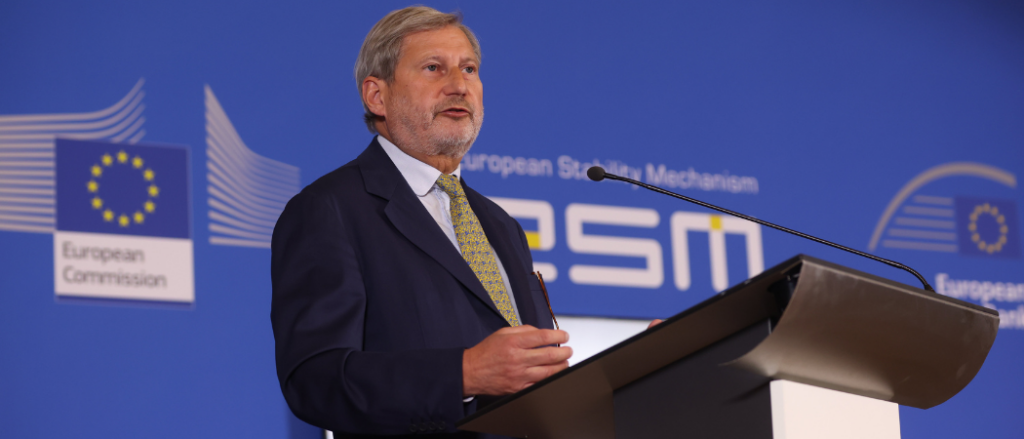Commission puts forward €13.6B research budget for 2024, with €12.8B for Horizon Europe
The European Commission wants the EU to spend a total €13.6 billion on research and innovation next year, with €12.8 billion going to Horizon Europe. That is €400M more for the research programme than 2023, but in the face of rampant inflation the European Parliament doesn’t see this as a major increase.
Under the Commission’s proposal for the 2024 EU budget, in addition to €12.8 billion for Horizon Europe, a further €800 million for research would come from other programmes, such as €281 million for the Euratom nuclear research programme.
The largest chunk of the Horizon Europe money, €6.4 billion, will go to collaborative projects under pillar II. Funding for fundamental research amounts to €3.4 billion, of which €2.1 billion is to be distributed through European Research Council grants. The innovation pillar gets €1.66 billion, including €1.1 billion for the European Innovation Council.
All parts of the EU’s research and innovation landscape would get more money – if not more spending power – apart from ITER, the magnetic fusion device under construction in France. The project will see a €250 million cut to €556 million, “due to a slowdown of the budget implementation.” Of this, €50 million will be transferred to energy initiatives in the EU infrastructure programme, the Connecting Europe Facility.
Inflation is combining with challenges ranging from ushering in a net-zero future, to cushioning the blows from Russia’s war in Ukraine, leaving MEPs with the sense that the €189.3 billion overall budget for 2024 put forward by budget commissioner Johannes Hahn, cannot sustain the union’s ambitions.
The budget has also been hit by an increase in interest rates, with Hahn telling MEPS the cost of borrowing “almost doubled from the amount initially forecast for 2024.” This is a new type of budgetary headache for the EU, which only began borrowing in its own right two years ago, before rising inflation led the European Central Bank to increase interest rates. Based on 2020 numbers financing costs for 2024 were expected to be €2.1 billion. The latest forecast is €4 billion.
The European Parliament has been calling on the Commission to revamp the budget to ensure it is fit to deliver on policy promises. The Commission may deliver – a review of the long-term EU budget is scheduled for 20 June. While it’s unclear whether it could spell major changes, MEPs hope for the review to shake up what they see as an unsatisfactory proposal.
“For us, this is a decoy budget for next year, because the actual budget is going to come later on, in a couple of weeks,” said centre-left MEP Victor Negrescu in a discussion at the Parliament’s budget committee. “We want to see not only a review but an actual improvement that would allow us to meet people’s expectations.”
The Commission’s doesn’t see it this way. Hahn insisted the review and the 2024 proposal are separate matters. But Jan Olbrycht, chair of the budget committee, said the review and next year’s budget are “more or less two sides of the same coin.”
The member states and the Parliament will now start working on their respective positions on the budget before they convene to negotiate the final numbers in late October. But the Commission’s review of the long-term budget may shake up the budget talks and will be weighed in the negotiations.
To read the full article, take a look here!

For news related to AMIRES projects, click here!





